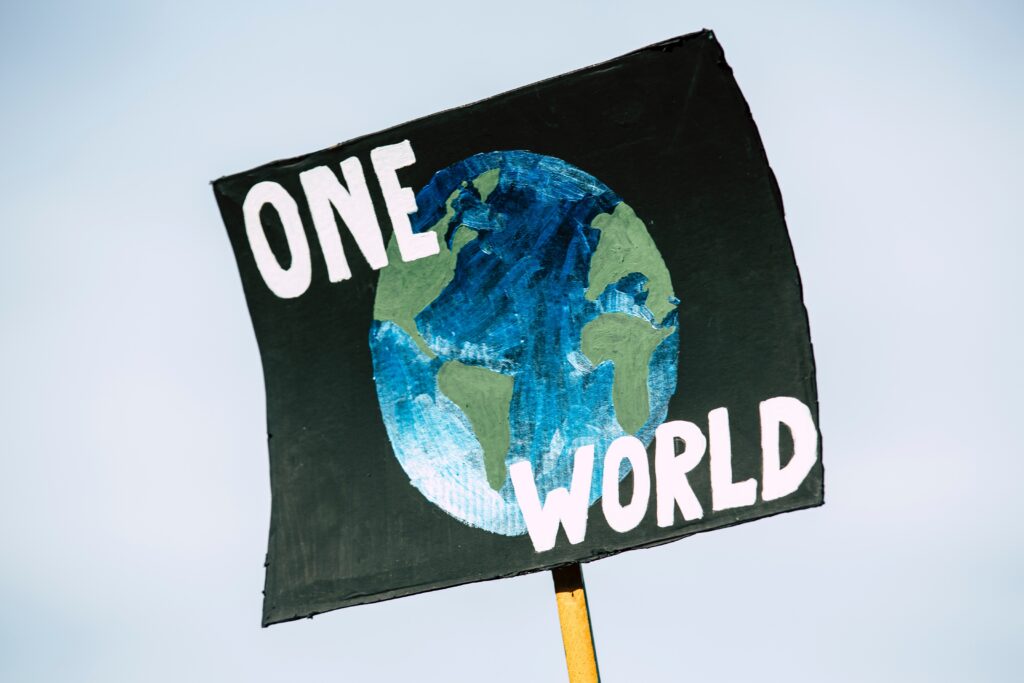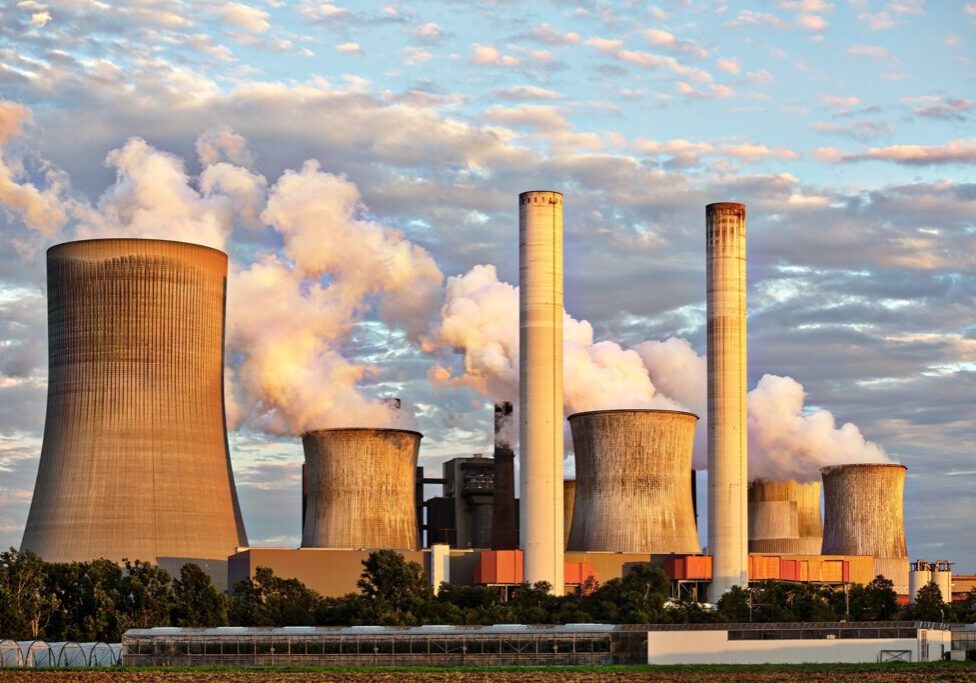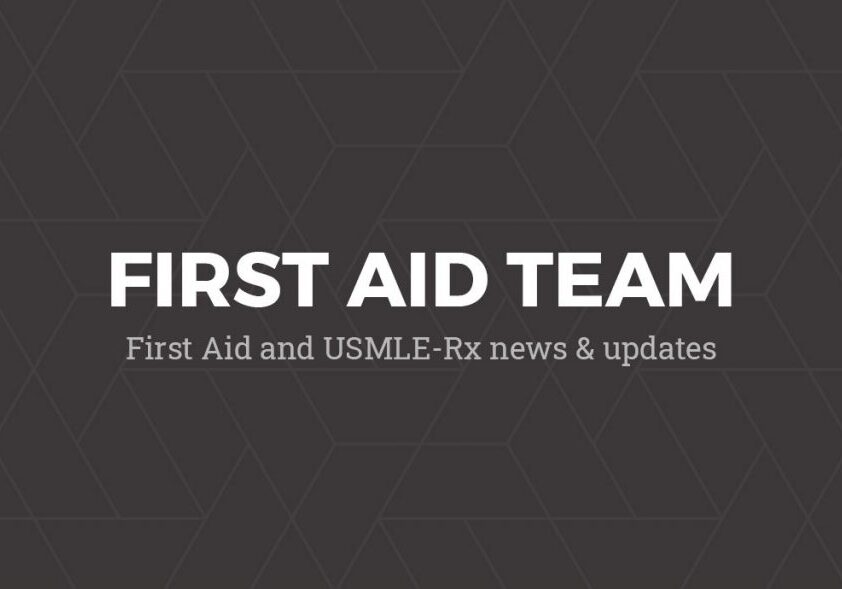As we teeter on the precipice of planetary health, we grapple with a daunting realization – humanity’s future hinges precariously on the well-being of our home, Earth. We’ve crossed a line, breaching multiple planetary boundaries, the safety barriers of our existence. We’ve inflicted significant damage on our atmosphere, ecosystems, and biodiversity, crossing a threshold that pushes us into uncharted territory. The interconnectedness of our actions has revealed itself in climate change, biodiversity loss, and the omnipresent specter of pollution.
The Intersection of Human Health and Environmental Wellness
An emergent notion of planetary health lies at the intersection of human health and environmental wellness. This concept casts a broader net than public and global health, drawing the two into a holistic context and unveiling a nuanced understanding of our intricate relationship with our environment.
Our existence is tethered to the health of our environment. The elements — air, water, food, and shelter — form the basis of human life, granting us protection and nurturing our mental and spiritual well-being. The World Health Organization
reports that environmental factors contribute significantly to the global disease burden, and modifiable ecological risks account for 1 in 4 global deaths. We’ve glimpsed the deadly potency of these environmental determinants, with air pollution, freshwater contamination, chemical pollution, and severe weather events causing widespread harm and disease.
Yet, as our ecosystems shudder under the weight of human damage, it is crucial to remember that not all inhabitants of Earth bear equal responsibility. Industrialized nations have accumulated wealth at the expense of the environment, while lower-income countries and vulnerable communities pay a steeper price. The poignant plight of island nations, losing their homes to the rising seas driven by our greenhouse gas emissions, is a stark testament to this injustice.
Our world has reached a juncture where we must confront the irreversible toll of our actions. We’ve breached five out of nine planetary boundaries: climate change, land-system changes, biodiversity loss, novel entities like plastic, and disruptions to global nitrogen and phosphorus cycles. We’ve set into motion changes that risk triggering a cascade of nonlinear, abrupt environmental shifts.
Sustainable Development Goals
The United Nations’ Sustainable Development Goals (SDGs) provide a blueprint for building a better and more sustainable future for all. These 17 interconnected goals, launched in 2015, were designed to address the most pressing global challenges we face, including poverty, inequality, climate change, and environmental degradation. They underscore the intricate links between human health and planetary health, recognizing that our well-being is intrinsically tied to the health of our planet.
Several SDGs directly address vital environmental determinants of health, highlighting the need for clean water and sanitation, climate action, and protecting life below water and on land. These goals remind us of our collective responsibility to work towards sustainable development for ourselves and future generations.
Facilitating Learning
Education on planetary health is relevant and necessary at a critical juncture in our relationship with our planet. Whether you’re an aspiring health professional or an educator responsible for shaping the curriculum, understanding the intricate relationship between the environment and human health is pivotal.
To facilitate this learning, the Medical Student Alliance for Global Education,
has designed a wide range of free and open-access digital learning modules, which we call Bricks. Our bricks are more than just resources for self-directed learning – they also provide an invaluable guide for educators looking to incorporate vital topics into their curricula.
Our newest collection of bricks delves into the complexities of Planetary Health. The introductory brick to this collection provides a comprehensive understanding of how our health is intertwined with the health of our planet. It explores the need for sustainable development and the urgency of reshaping our societies, economies, and health systems to ensure a resilient and healthy world.
What sets MeSAGE apart is our commitment to democratizing education. Not only are our bricks free and open-access, but they can also be adapted using ScholarRx’s free authoring platform, Bricks Create. This platform empowers educators to modify our materials to fit their regional context, making the learning experience more relevant and enriching for their students.
To future health professionals – our resources empower you to understand and play your part in safeguarding not just individual health but also the health of our communities and our planet.
We invite you to start your journey into Planetary Health by diving into our introductory brick. Join us in this collective learning journey, moving towards a more informed, healthier, and sustainable future. With access to knowledge, we can collectively drive the change we need for our planet’s health. So, use our resources, adapt them to your needs, and build a better future together.



